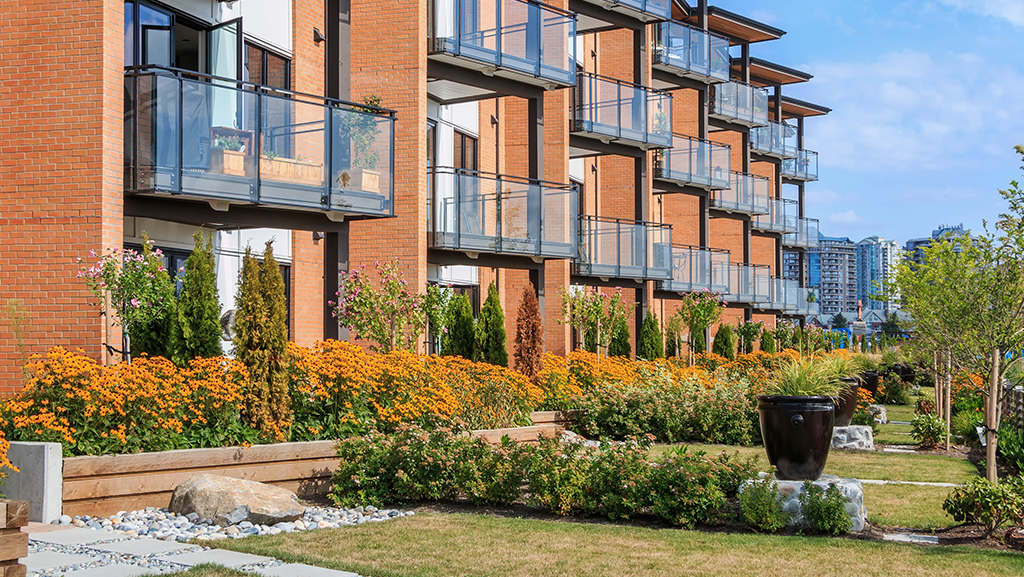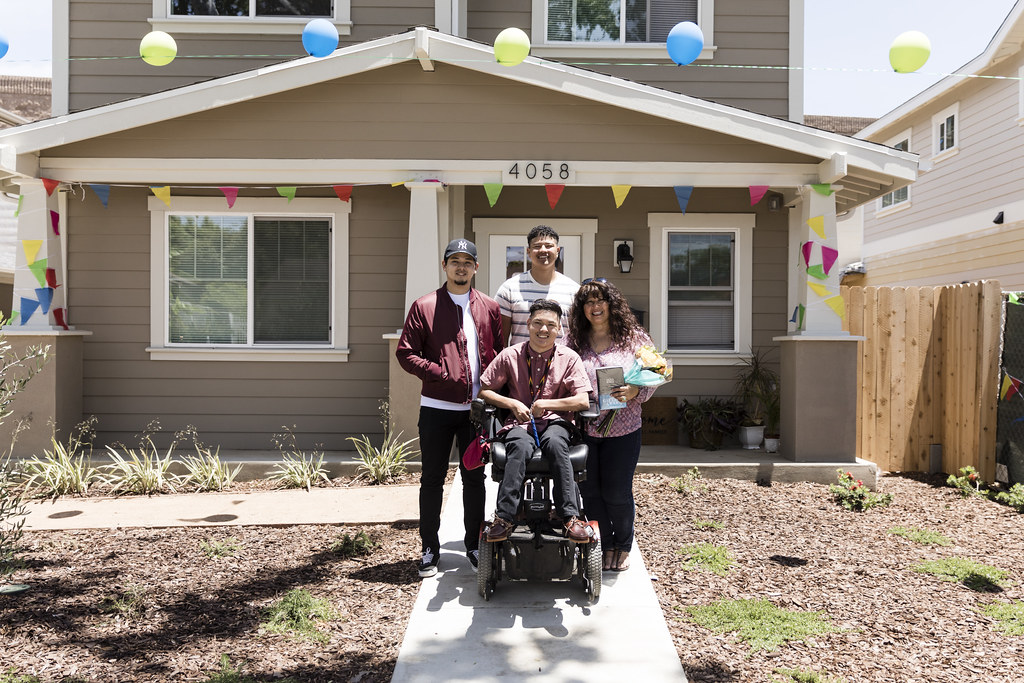Inexpensive Homeownership Options for First-Time Homebuyers
As the real estate market proceeds to evolve, first-time buyers encounter unique obstacles in securing budget friendly homeownership choices. These initiatives not just help with homeownership but likewise foster neighborhood stability and economic development.
Government Assistance Programs
Government support programs play an essential function in making homeownership possible for many individuals and households. These programs aim to minimize the monetary problem connected with buying a home, particularly for newbie buyers. By providing monetary help, grants, and tax motivations, federal government efforts assist bridge the gap between climbing real estate expenses and the buying power of prospective property owners.
Numerous programs are readily available at the government, state, and local degrees. The Federal Real Estate Management (FHA) offers insurance on financings, enabling lenders to offer extra positive terms, such as lower down repayments and reduced passion prices. In addition, state and local federal governments frequently have their own initiatives, which might include down repayment help programs, buyer education programs, and beneficial mortgage terms.
These programs are created to deal with the one-of-a-kind difficulties encountered by low- to moderate-income families, consisting of minimal cost savings and credit rating. By promoting an atmosphere where homeownership is a lot more easily accessible, government assistance programs not just support specific goals but additionally contribute to community stability and economic growth. Recognizing and using these resources can dramatically improve the prospects of effective homeownership.
Low-Down-Payment Mortgages
For many ambitious property owners, low-down-payment home mortgages present a sensible pathway to homeownership, specifically in today's challenging real estate market. These home mortgage choices typically call for down payments ranging from 3% to 5%, making it less complicated for novice buyers to go into the market without the problem of conserving for a significant deposit.
Different lenders provide low-down-payment programs, consisting of standard fundings backed by Fannie Mae and Freddie Mac, along with government-backed options like FHA finances. These home mortgages are designed to fit people with minimal financial savings while still offering competitive rates of interest. Notably, they allow buyers to keep more money for various other crucial expenses, such as moving costs, home evaluations, and prospective restorations.
Nonetheless, possible home owners should bear in mind the trade-offs connected with low-down-payment mortgages. A smaller down payment may result in higher monthly settlements and the need of exclusive home mortgage insurance coverage (PMI), which secures lending institutions in situation of default. It is important for newbie customers to carry out extensive research study and consult with home mortgage experts, ensuring they pick a low-down-payment choice that lines up with their long-term economic goals.
First-Time Buyer Grants
Several novice buyers discover that gives can significantly reduce the economic burden of acquiring a home, enhancing low-down-payment home loan alternatives. These grants, often supplied by state and city governments or non-profit organizations, provide monetary support that does not call for repayment, making them an eye-catching option for basics those going into the real estate market.
Eligibility for novice buyer gives usually relies on income, creditworthiness, and the acquisition rate of the home. Many programs are developed to aid reduced- to moderate-income families, making sure that assistance gets to those who need it most. The application process commonly entails documentation of financial condition, property buyer education and learning training courses, and sometimes even a commitment to remain in the home for a particular duration.
The quantity of assistance varies widely, with some grants offering a number of thousand bucks to aid cover shutting prices or deposits. Researching available grants in your area is vital, as programs often alter and may have specific requirements. By leveraging these financial resources, novice homebuyers can make homeownership much more you could look here available, eventually achieving their desire for owning a home while mitigating the initial financial pressure.
Cutting-edge Neighborhood Efforts
Ingenious neighborhood initiatives are playing a critical function in increasing inexpensive homeownership alternatives for locals. These efforts frequently involve collaborative initiatives between city governments, charitable organizations, and private sector stakeholders to develop lasting housing remedies customized to community demands.
One significant technique is the establishment of area land depends on (CLTs), which enable residents Look At This to acquire homes while the land stays owned by the trust fund. This design helps keep cost over time and protects against speculative cost increases. In addition, CLTs often give instructional resources and assistance services to encourage novice homebuyers.
An additional effective campaign is the development of mixed-income real estate projects, which blend economical devices with market-rate homes. This technique cultivates inclusive areas and decreases the preconception commonly related to low-income real estate. Furthermore, neighborhood governments are significantly supporting zoning reforms to facilitate the building and construction of accessory home units (ADUs), which can give added rental earnings for home owners while increasing housing schedule.

Tips for Budgeting and Saving

Following, develop a dedicated cost savings account especially for your future home purchase. Purpose to save a percentage of your earnings continually, preferably 20% or more, to build a considerable deposit. Utilize automation tools, such as straight down payment or automated transfers, to make conserving easier and much more constant.
In addition, take into consideration adopting the 50/30/20 rule: assign 50% of your earnings to requirements, 30% to wants, and 20% to savings and financial debt repayment - Affordable Homeownership. This technique advertises well balanced economic health

Verdict
In summary, economical homeownership alternatives for first-time property buyers incorporate numerous resources such as entitlement program programs, low-down-payment mortgages, and grants. These efforts not just facilitate entrance right into the real estate market yet also promote neighborhood security and financial development. By leveraging these financial tools, individuals can browse the intricacies of homeownership, inevitably adding to a more equitable housing landscape. Proceeded assistance and awareness of these programs are important for improving access to homeownership possibilities.
As the real estate market proceeds to progress, newbie property buyers deal with distinct difficulties in securing economical homeownership choices. By fostering an environment where homeownership is more accessible, government aid programs not just support individual aspirations yet additionally contribute to community stability and financial development. By leveraging these financial sources, new property buyers can make homeownership much more accessible, inevitably attaining their dream of owning a home while minimizing the preliminary financial pressure.
In summary, budget-friendly homeownership options for new buyers incorporate different resources such as federal government help programs, low-down-payment home mortgages, and grants. By leveraging these financial tools, people can browse the intricacies of homeownership, eventually adding to an extra equitable housing landscape.
Comments on “Practical Tips for Navigating Affordable Homeownership in The Modern Market”